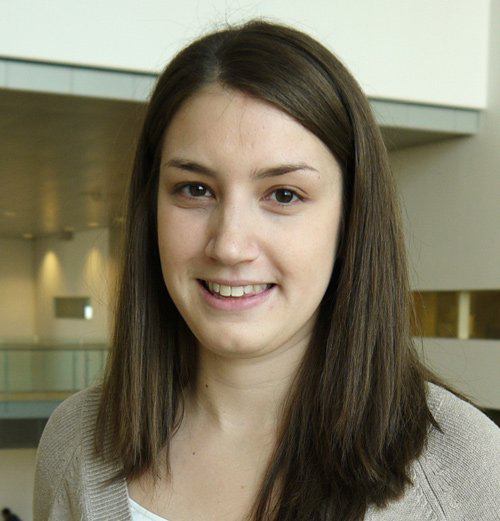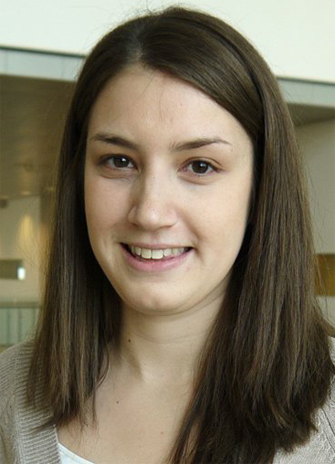As autism spectrum disorders continue to rise, Ontario is funding new research into the needs of women seeking help with the disorder and the differences in the way those with autism process information.

Through the 2016 Autism Scholars Awards, administered by the Council of Ontario Universities (COU), two university scholars — Ami Tint of York University and Kaela Scott of Western University — will receive awards of $20,000 and $18,000 respectively. The awards were established in 2004 by the Ministry of Advanced Education and Skills Development to support research into autism, one of the most common developmental disabilities in Canada.
“The work of Ontario researchers like Ami Tint and Kaela Scott helps improve the quality of life for people on the autism spectrum disorder, and we thank the province for funding research into this condition,” says David Lindsay, COU’s President and CEO.
“This research is helping to strengthen Ontario’s capacity to diagnose, assess and treat autism, and the awards are just one example of the many ways the province is funding life-transforming university research that is meeting the growing and changing needs of all of us who rely on excellence in health care.”
Tint, a PhD student in the Clinical Developmental Psychology program at York, receives the Doctoral Award to study whether women with Autism Spectrum Disorder are getting the services they need. Her research focuses on whether services geared more towards males, and how the needs of women with autism are different from those of men. Her findings could help policy makers and care providers tailor their services toward women.
Last year, Tint received the Ontario Women’s Health Scholars Award from COU. Her work continues to look at how women with ASD perceive their service experiences; what individual, family and social variables predict service use and unmet needs of women with ASD; and how the service experiences of women with ASD differ from those of men with ASD.
Scott, who is pursuing a Master’s degree in neuroscience at Western, is looking into the way the brains of children with autism spectrum disorders process auditory and visual information. Her research – the first of its kind – would determine whether suspected differences in the brain play a role in altering the way individuals with autism spectrum disorder perceive everyday sights and sounds.
Find out more about the Autism Scholars Awards helping to increase Ontario’s capacity to diagnose, assess and treat autism.


